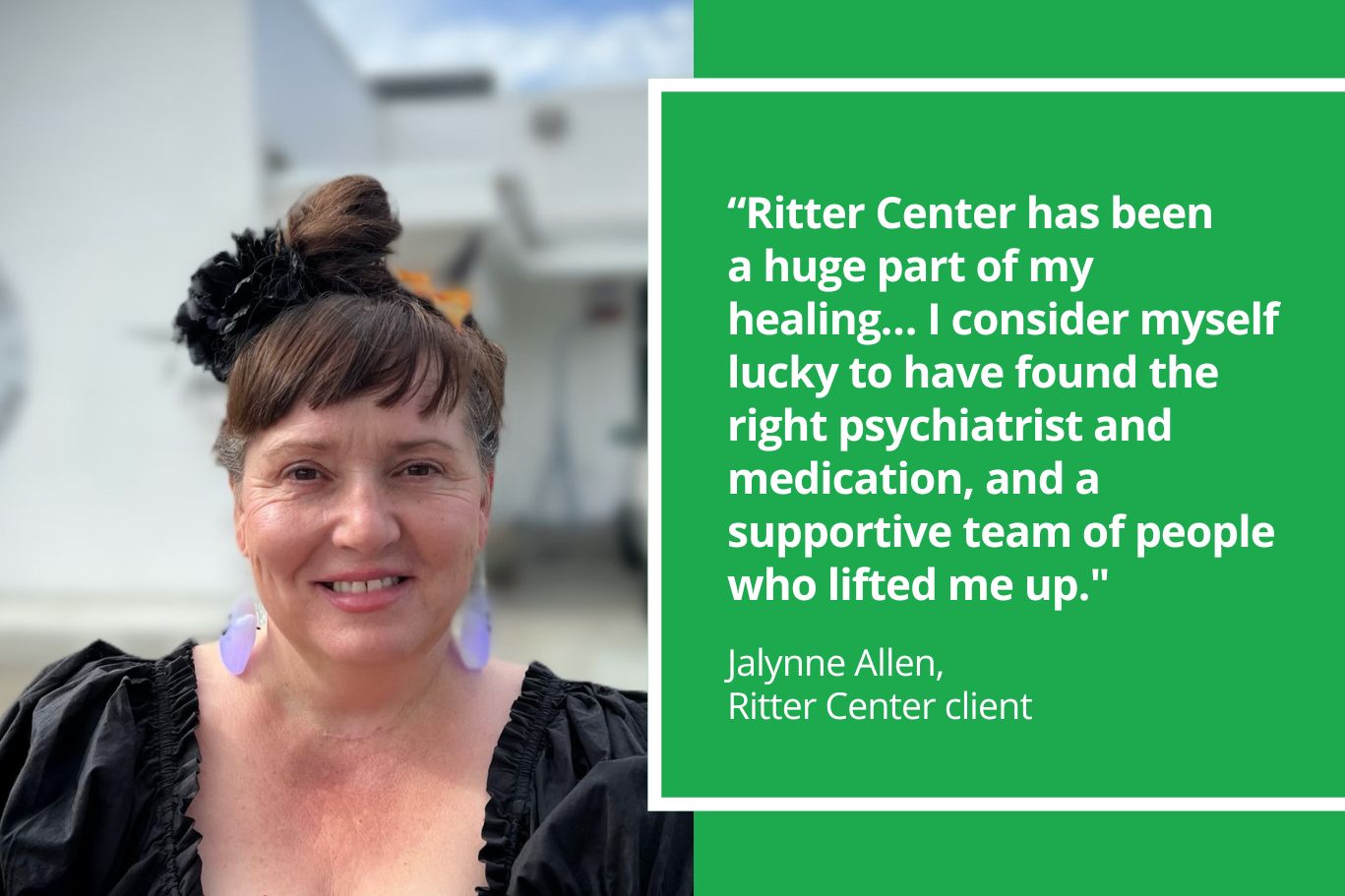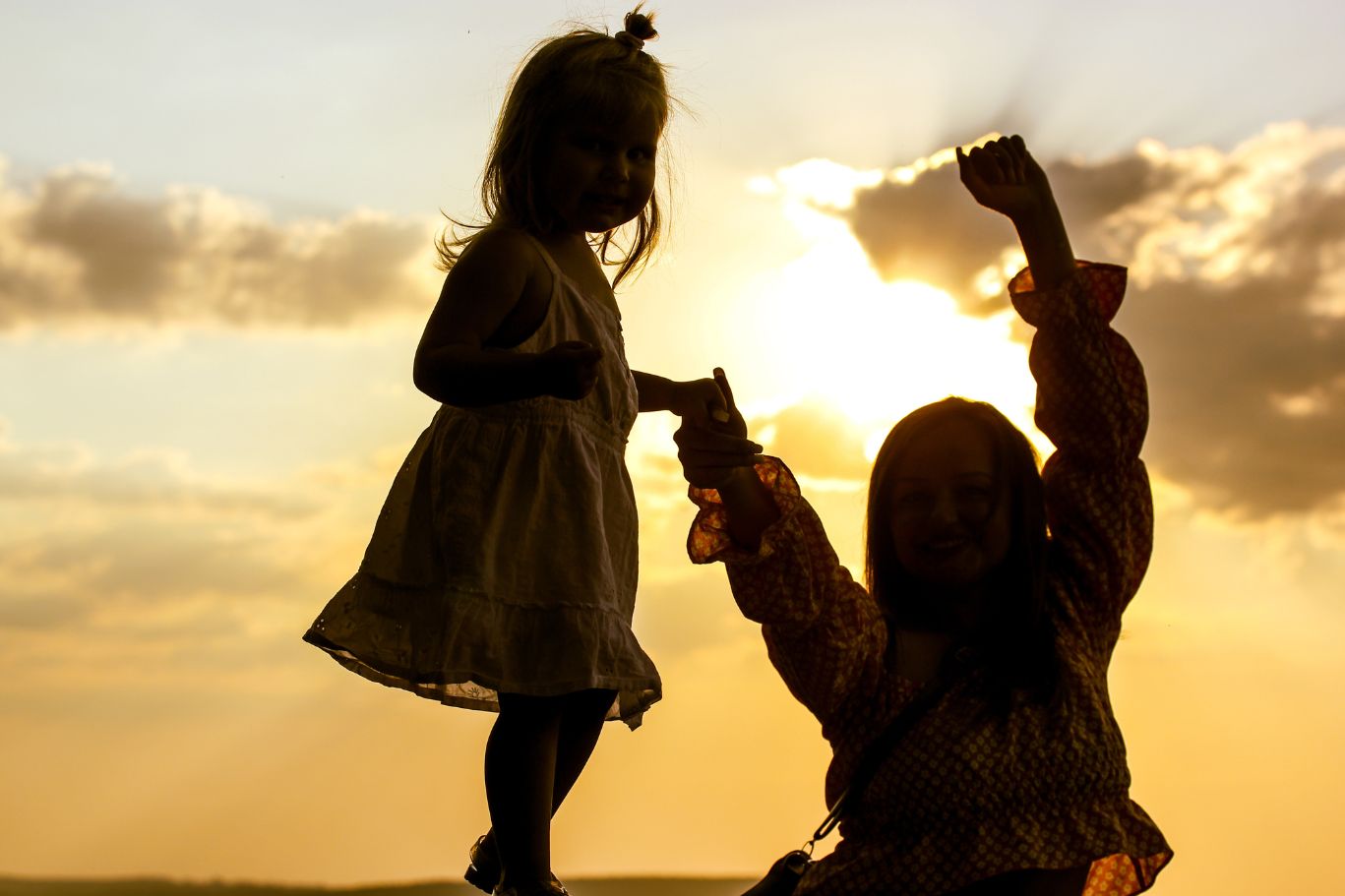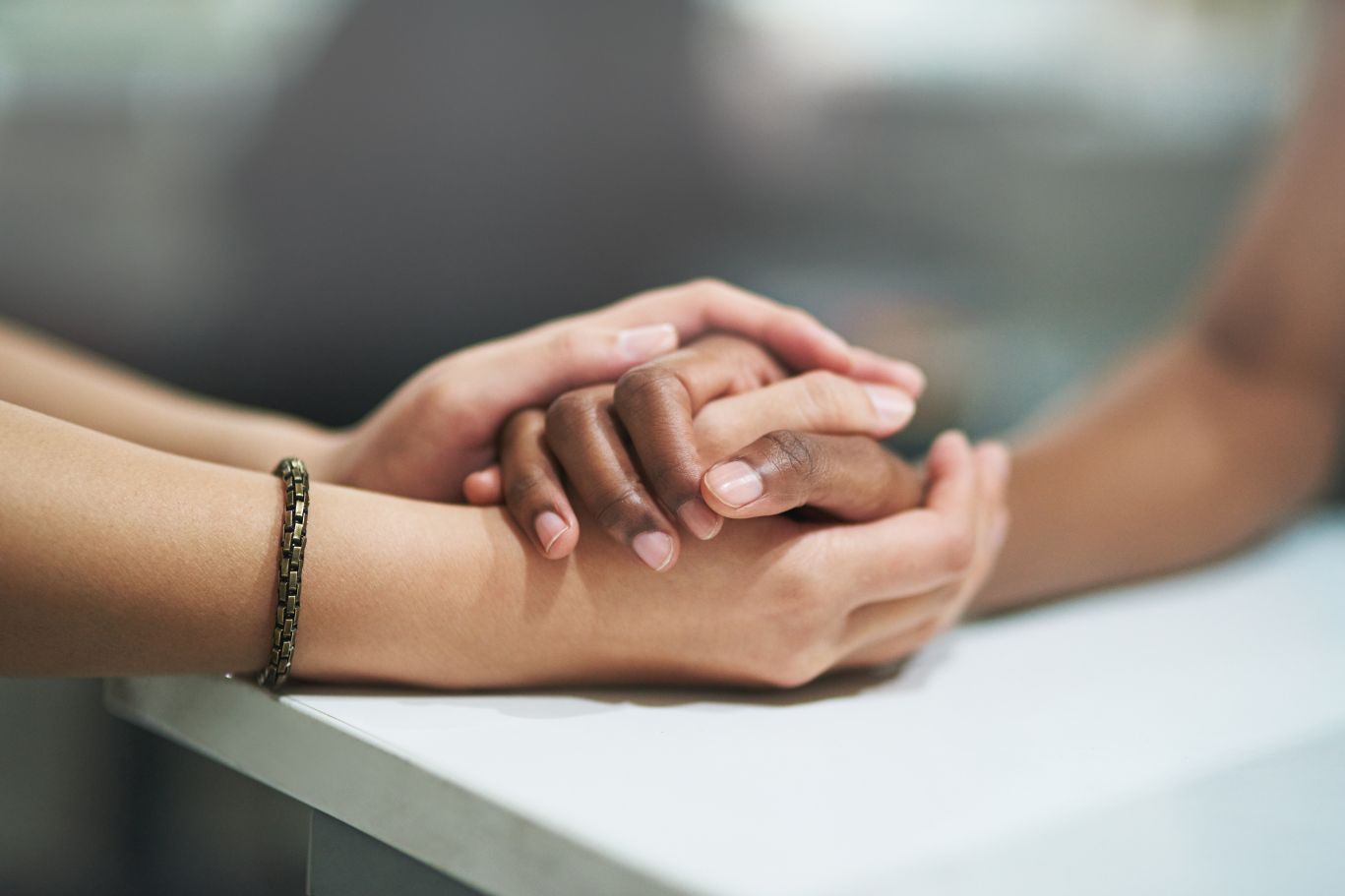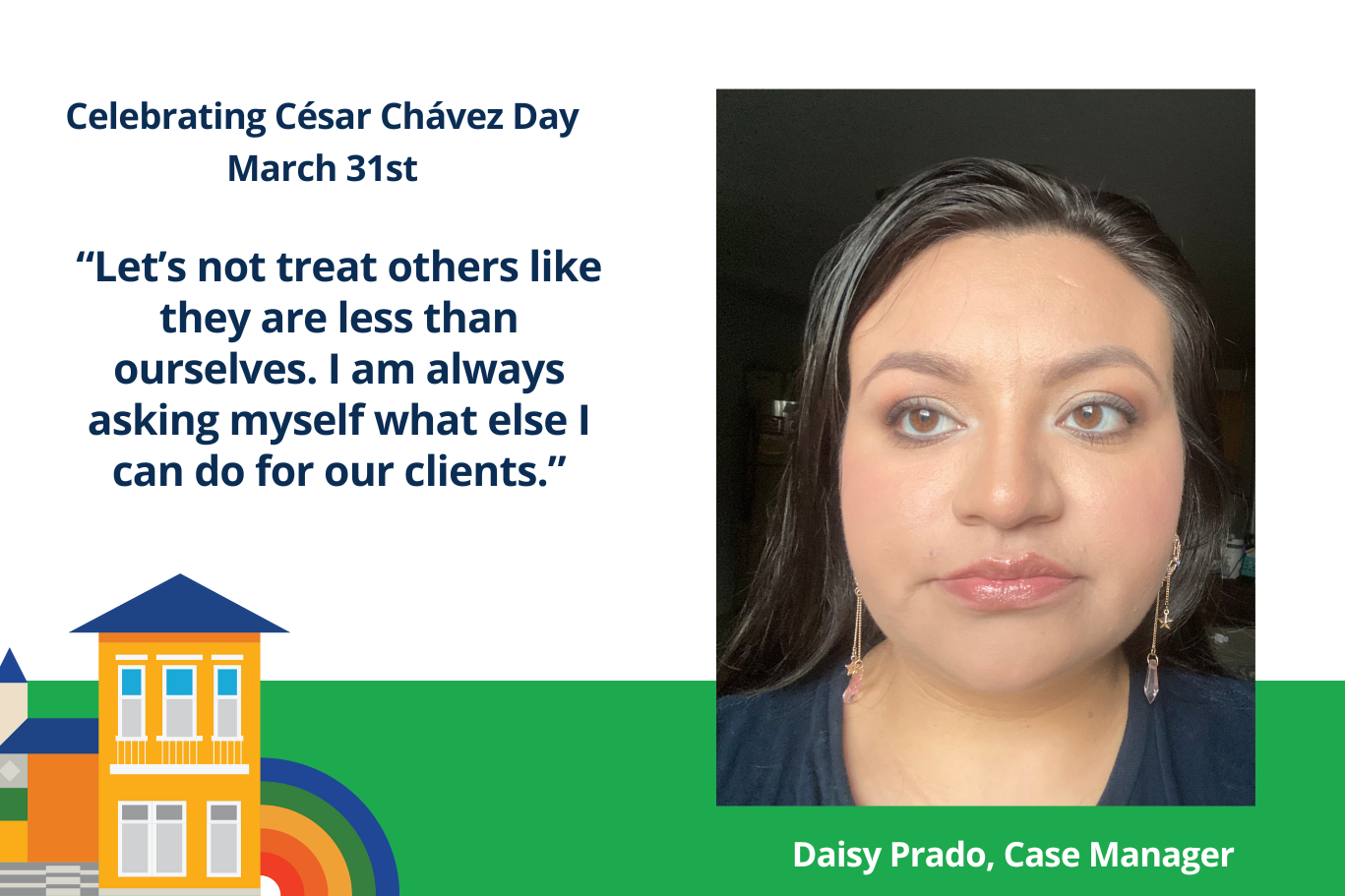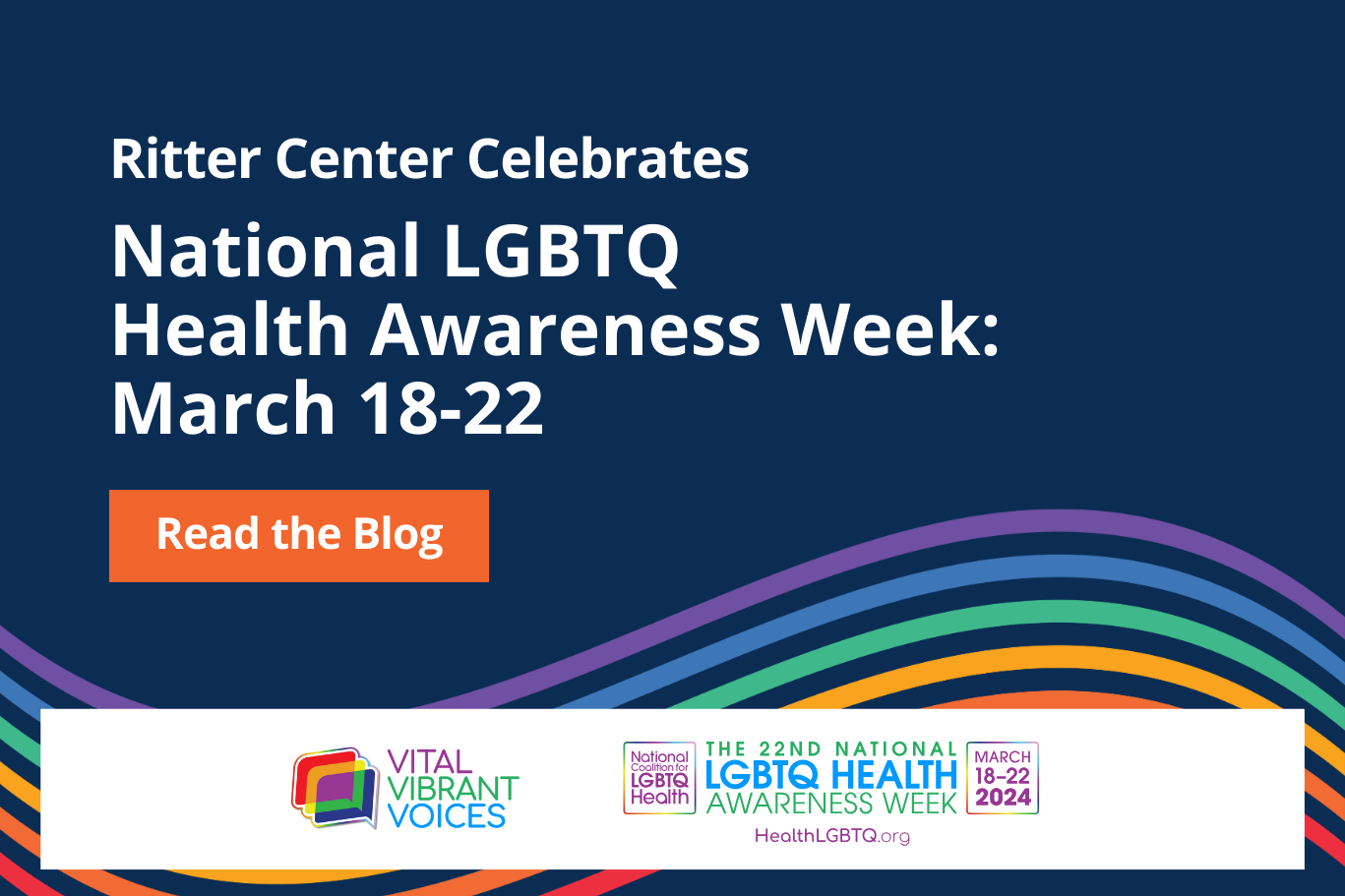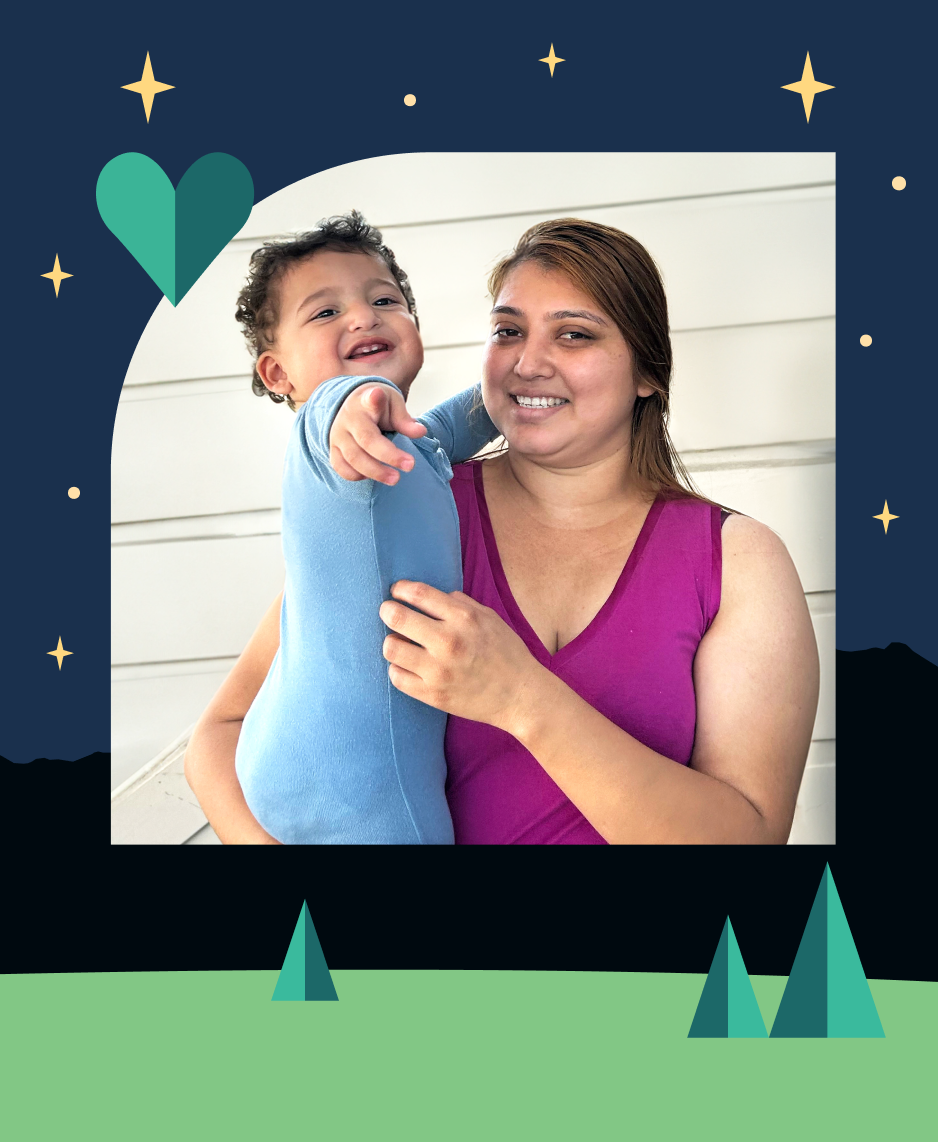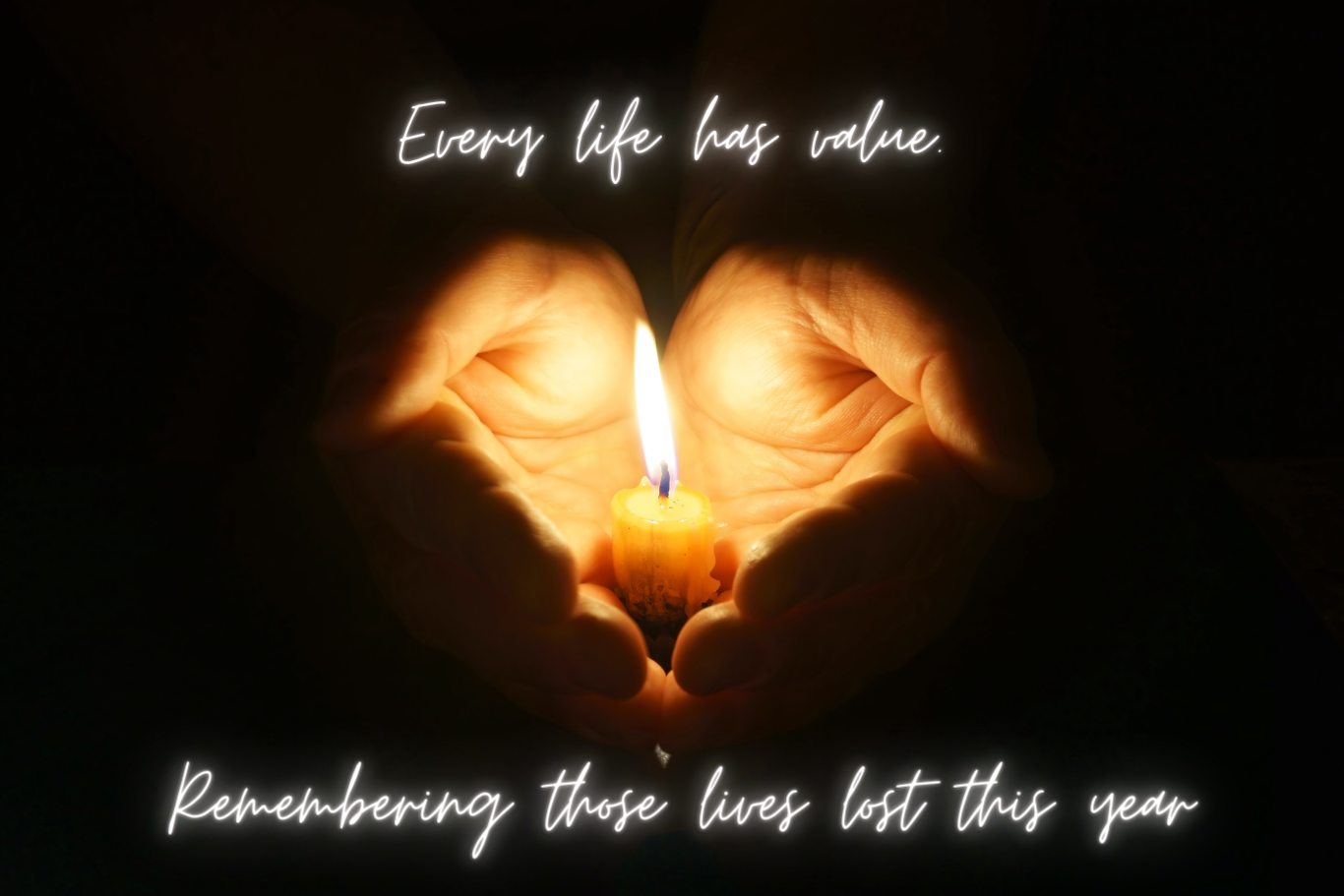
30th National Homeless Persons’ Memorial Day
December 21st is National Homeless Person’s Memorial Day. It’s poignantly held on Winter Solstice. For many cultures, this is both a celebration of the longest hours of darkness and the sun’s rebirth, and it is believed to hold a powerful energy for regeneration, renewal, and self-reflection.
2020 marks the 30th anniversary of this day of remembrance. At Ritter Center, the longest night of the year gives us pause to reflect on the homeless lives lost this year. Every life has value. Experiencing homelessness does not make a person less of a human or less worthy of love, support, and the chance to build a good life. We recently chatted with Street Chaplain Paul Gaffney about providing spiritual care for Ritter Center’s clients.
“Take a moment to pause and imagine the worst thing that you can possibly dream of happens to you. You lose your job, home, or loved one. Who do you call now for support once the floor falls out from under you? Who is in your mental Rolodex? Most importantly, what would happen if those people weren’t there for you?” asks Street Chaplain Paul Gaffney.
This existential dilemma happens to homeless people. Their resources are exhausted. There is no one left to call.
How did we get here as a society?
“This leads to the idea that if you can’t pull yourself through these obstacles, then you must be weak in some capacity. This fuels the misconception that those experiencing homelessness fueled their own demise. Another misconception centers on mental health as a cause of homelessness but it is far more complicated than that. It is a bit like the chicken and the egg. Which comes first?,” questions Paul. He continues; “You can bet if you spend time on the streets — indeed if any human being does — your mental health will surely falter.”
The #1 resource people need is housing. But we also need to provide spiritual and emotional support for clients and the staff that works with clients. We all need to be actively listened to and cared for, no matter who we are or what our life circumstances are currently.
“Spiritual care shows up in different ways. I think of it as the invisible aspect of our health. It is closely related to mental and emotional health, and the spiritual dynamic of our existences,” says Street Chaplain Paul Gaffney.
“What’s the point of existing? What does all of this mean? Where’s the meaning in that for me? There is a duality to it: both an existential component and a practical component. I need someone to pray for me and to express that they care about what I’m feeling and experiencing,” explains Street Chaplain Paul Gaffney.
“In a clinical and case management setting there is only so much time you can spend on goals and immediate needs in that particular moment. What we know about people is that we are complex beings and although we may get our medical needs met, we still have spiritual needs that are connected to that which still needs tending, reflecting, or help processing.”
“We are really giving a person is the space to feel what they are feeling, to be seen and heard inside of their emotional state and to offer some sense of companionship in that sharing. Spiritual care isn’t necessarily about religion itself,” explains Street Chaplain Paul Gaffney, “some folks may have some religious preference, and that’s where we meet them if that’s the case. If they share that they have been praying and God isn’t answering, then we make the space to share beliefs about God,” shares Street Chaplain Paul Gaffney. We can be companions to one another on this journey we call life. It’s about practicing empathy and compassion.”
The core is this: action, reflection, and learning. It becomes our natural rhythm if we are open to the cyclical process of learning something new, receiving feedback to improve, and receptive to adaptation.
“What is a piece of learning we can pull out of this situation? What’s the silver lining and can we find it together? Reflecting listening and empathic mirroring can hold, reveal, and share tremendous truths.” says Street Chaplain Paul Gaffney.
Thank you, Street Chaplain Paul Gaffney, for providing never-ending compassion and care to our clients and those who you meet every day around our local streets.
In memory of all those who have died while experiencing homelessness this year and every year.
If you or someone you know is experiencing homelessness and needs help, please contact Ritter Center’s Main Phone Number: (415) 457-8182

